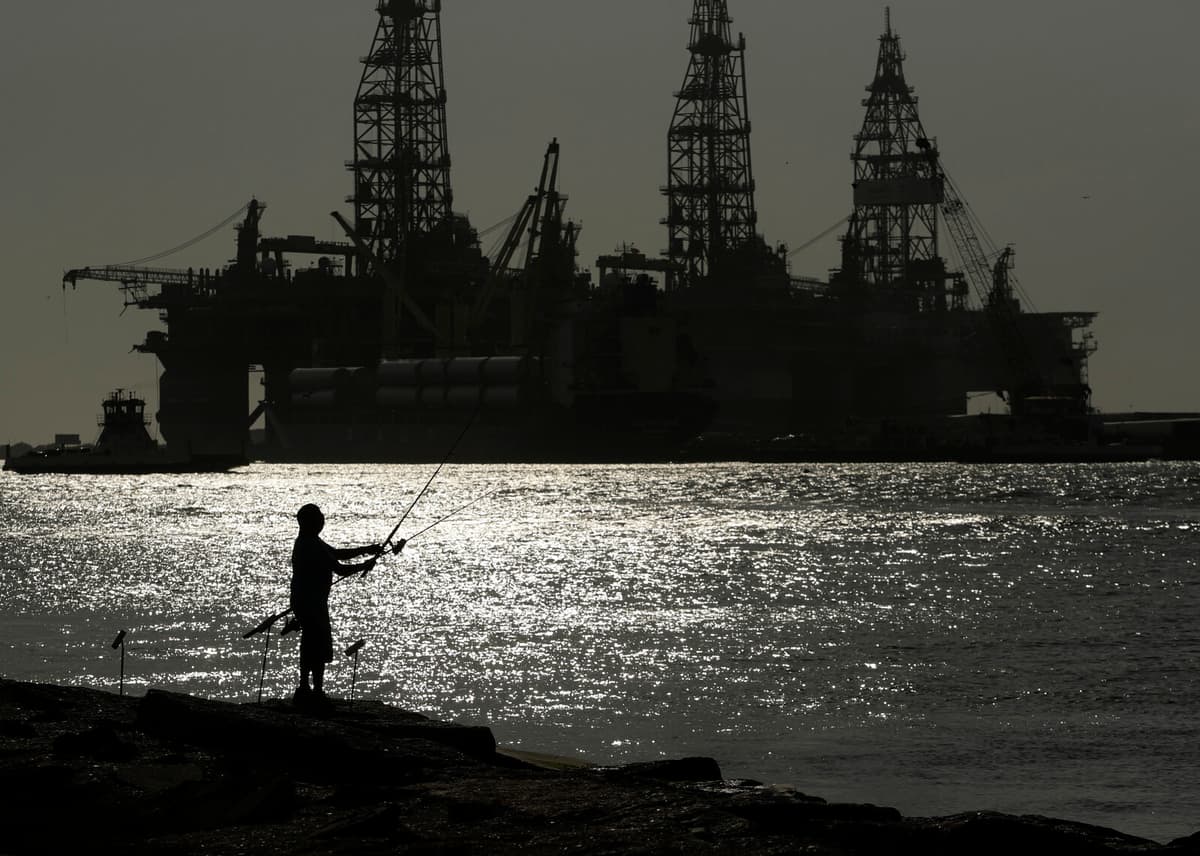The decision aims to protect large marine areas outside both the east and west coasts, as well as in the eastern Mexican Gulf. According to the White House, it involves a sea area that stretches over more than 253 million hectares.
Joe Biden refers to the growing threat from climate change and says he has weighed a "relatively minimal potential for fossil fuels" in these areas against the consequences that drilling would have for the environment, health, and economy.
The outgoing president is thus putting up a significant obstacle for Donald Trump, who has promised to relax regulations and allow the industry to extract much more fossil fuel, explicitly to lower gasoline prices.
When it was reported that Biden was about to make the decision, Trump's intended press secretary Karoline Leavitt went out and described it as a "political revenge against the American people".
The obstacle is being put in place with the support of a 1953 legislation that gives the federal government the right to decide on extraction on the US continental shelf. There is no clear possibility for a president to unilaterally dissolve already made decisions, which means that Trump will likely need to get Congress on board.






